How to treat sunburn
How to treat sunburn
Your skin can burn if it gets too much sun without proper protection from sunscreen and clothes. To help heal and soothe stinging skin, it is important to begin treating sunburn as soon as you notice it. Follow these dermatologists' tips to help relieve the discomfort.
Your skin can burn if it gets too much sun without proper protection from sunscreen and clothes. To help heal and soothe stinging skin, it is important to begin treating sunburn as soon as you notice it. The first thing you should do is get out of the sun—and preferably indoors.
Once indoors, these dermatologists’ tips can help relieve the discomfort:
Take frequent cool baths or showers to help relieve the pain. As soon as you get out of the bathtub or shower, gently pat yourself dry, but leave a little water on your skin. Then, apply a moisturizer to help trap the water in your skin. This can help ease the dryness.
Use a moisturizer that contains aloe vera or soy to help soothe sunburned skin. If a particular area feels especially uncomfortable, you may want to apply a hydrocortisone cream that you can buy without a prescription. Do not treat sunburn with “-caine” products (such as benzocaine), as these may irritate the skin or cause an allergic reaction.
Consider taking aspirin or ibuprofen to help reduce any swelling, redness and discomfort.
Drink extra water. A sunburn draws fluid to the skin’s surface and away from the rest of the body. Drinking extra water when you are sunburned helps prevent dehydration.
If your skin blisters, allow the blisters to heal. Blistering skin means you have a second-degree sunburn. You should not pop the blisters, as blisters form to help your skin heal and protect you from infection.
Take extra care to protect sunburned skin while it heals. Wear clothing that covers your skin when outdoors. Tightly-woven fabrics work best. When you hold the fabric up to a bright light, you shouldn’t see any light coming through.
Although it may seem like a temporary condition, sunburn—a result of skin receiving too much exposure from the sun’s ultraviolet (UV) rays—can cause long-lasting damage to the skin. This damage increases a person’s risk for getting skin cancer, making it critical to protect the skin from the sun.
For questions about your sunburn or to learn how to better protect your skin from the sun, see a board-certified dermatologist.
Have a skin, hair, or nail problem?
Discover the benefits of seeing a dermatologist.
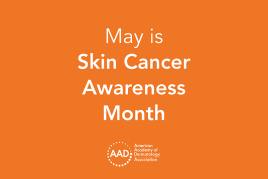 Think sun protection during Skin Cancer Awareness Month
Think sun protection during Skin Cancer Awareness Month
 How to care for your skin if you have lupus
How to care for your skin if you have lupus
 Practice Safe Sun
Practice Safe Sun
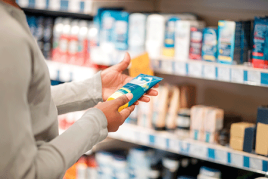 Sunscreen FAQs
Sunscreen FAQs
 Fade dark spots
Fade dark spots
 Hidradenitis suppurativa
Hidradenitis suppurativa
 Laser hair removal
Laser hair removal
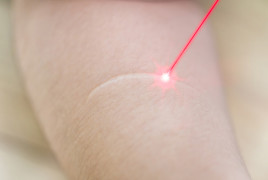 Scar treatment
Scar treatment
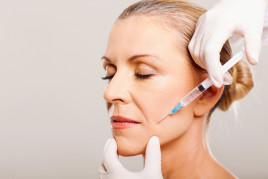 Botox
Botox
 Kids' camp - Camp Discovery
Kids' camp - Camp Discovery
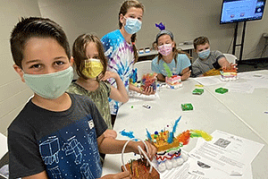 Dermatologist-approved lesson plans, activities you can use
Dermatologist-approved lesson plans, activities you can use
 Find a Dermatologist
Find a Dermatologist
 Why choose a board-certified dermatologist?
Why choose a board-certified dermatologist?
